…sighs Freya Schlapkohl, student of Public Relations and Corporate Communications at the Fachhochschule Kiel. The 27-year old went to Bratislava, Slovakia, during her fourth semester. Other than culinary adventures, she experienced great trips into beautiful east European countries like Hungary and Croatia. Read more about what she appreciated most about her time in Slovakia, what surprised her about the country, and why she accepted commuting as part of her timetable.
Freya, thank you for taking the time! What are you studying and in which faculty?
I’m studying ‘Public Relations and Corporate Communications’ which belongs to the Media Faculty of the Fachhochschule Kiel.
When did you decide to apply for a semester abroad and what triggered you?
I made that decision during my third semester. At that time, the curriculum of my study programme contained an English class with a C2 level. For those who aren’t that familiar with language categories: C2 is the highest language level and almost comparable to a native speaker’s level. Therefore, I wanted to prepare the best way possible for the final exam of said module. The final decision was made while I was strolling across the campus with a fellow student. There were those signs everywhere that advertised the remaining ERASMUS+ places. We decided quite spontaneously to apply for the remaining places, preferably Bratislava.
Were you in contact with other people who previously had studied in Bratislava?
Yes. As soon as I knew that I would study in Slovakia, I contacted an exchange student from Bratislava who spend his semester abroad at the Fachhochschule Kiel. He was very fluent in German, which made it easy to talk about the city, traffic connections, and differences between the cities Kiel and Bratislava. Furthermore, we had a guest lecturer from Slovakia during our third semester. My friend and I told her that we planned to go to Bratislava, and she already knew that she would be giving class to exchange students while we were there – it was a comforting feeling to already know somebody from there.
Were there other fellow students besides you and your friend who went to Bratislava with you? Do you feel this was good for you or rather an obstacle?
From our year, we were just the two of us. However, there was another girl from the Fachhochschule Kiel, who stayed for a whole year in Bratislava and already had spent a semester. We did not know her before we arrived. However, it was helpful to know that you’re not alone, especially in the beginning. I organised a lot on site and then, it was nice to be able to exchange ideas and to talk to somebody. Even if it wasn’t the case for me, having some company might be an advantage for people who tend to be homesick, I guess.
How and where did you live in Bratislava and how did you organise your accommodation?
There was this issue that the campus of our host university was split into two. One part was on one river bank of the Danube (Donau), the other one was located on the opposite bank. I shared a regular rental apartment with my friend from Kiel and two other students. The flat was located in a residential complex, thus a joining of some high-rise buildings. Plus, there was a very nice park in between. I guess, the area can be described best as an area where mainly families live, not a typical student area. The only disadvantage was that we had to cover quite a distance to get to the campus on the other bank, which we didn’t know beforehand. Many international students lived in a typical student accommodation closer to the campus. I went there once, and it felt and looked like some sort of a long-term holiday camp. Students had to share their rooms, it was super noisy and not too clean either… Therefore, I was more than happy about my apartment, even if it was a little further away.
How often did you have to get to the other campus (the one that was further away)?
I guess around half of the time, but that was my own choice. In the beginning of the semester, we had the chance to “try” all modules for exchange students without obligation and without adding them to our fix timetables. Part of the modules took place on the psychology campus on one bank of the Danube, the other courses were located in the media campus on the other river bank (which was further away). Eventually, when the testing phase was nearly finished, we picked modules that took place on both campuses. However, we would have had the opportunity to build our timetable according to geographical aspects… Looking back, I would make the same decisions again.
What are the costs of living like in Slovakia, especially in comparison to Germany?
I had expected them to be considerably cheaper than in Germany. In reality, it was more or less the same as here, regarding expenses like groceries or rent. The only thing that really costs less in Slovakia is beer (and alcohol in general)!
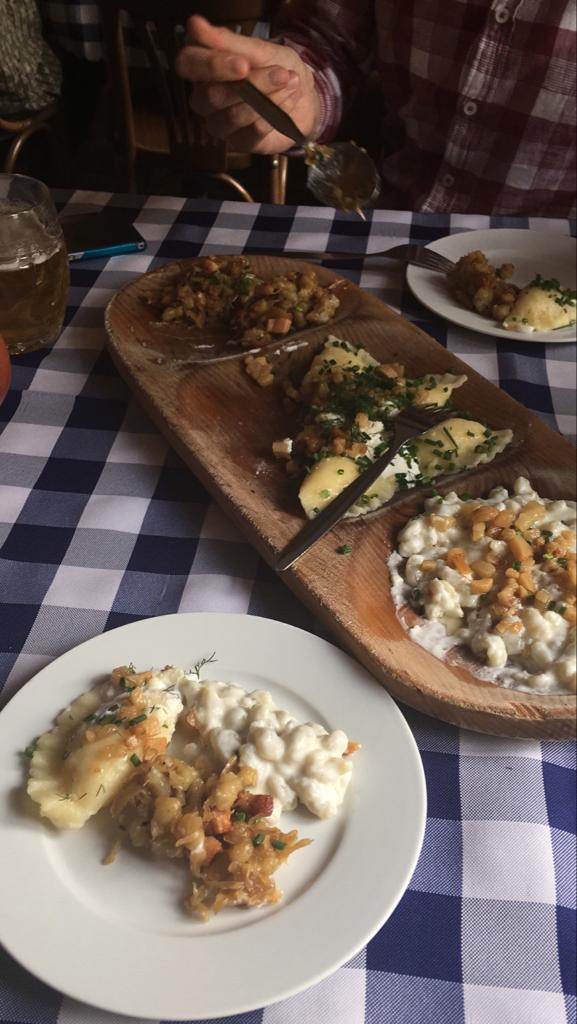
How did you finance your stay? Was the ERASMUS+ scholarship enough to cover additional costs?
I received “Auslands-BAföG”, the ERASMUS+ scholarship and some additional pocket money from my parents. That was absolutely sufficient. I was able to do some trips with ERASMUS friends during my free time and make ends meet.
When did you apply for the “Auslands-BAföG”? Does it need as much lead time as often said?
If I remember correctly, it was relatively short-term. I called the office in charge in November. They knew that my application was quite urgent, which is why they processed it pretty fast. That worked out really well!
Did you experience a culture shock?
I wouldn’t call it a culture shock but I was really surprised at how little the English was spoken there! Sometimes I asked something in English and people wood just stand in front of me with their eyes wide open and clearly overwhelmed. Especially elderly people would be more fluent in German than in English, what might be caused by historical reasons…
Another thing that I noticed was the fact that there are numerous high-rise buildings and skyscrapers. Many of them are painted in bright colours, but they still contribute to the cityscape. There is an old town that is really pretty, but the further you are from the city centre, the more high-rise buildings you see.
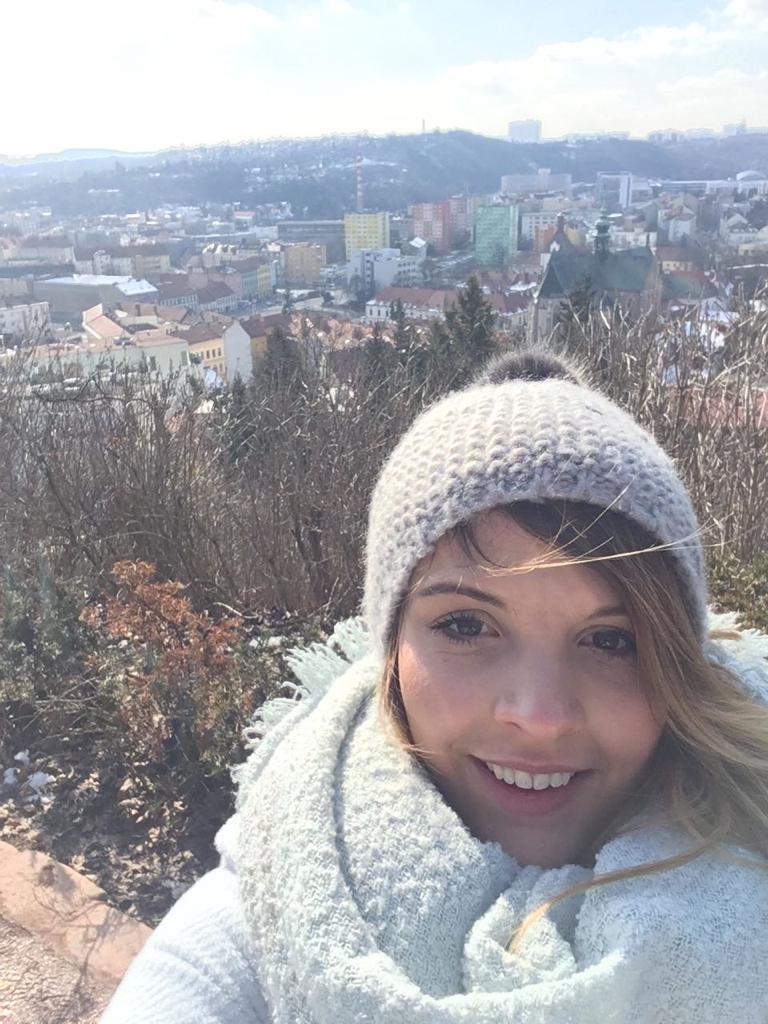
How did you experience the language barrier at the Slovakian university?
Some of the modules that were especially claimed to be for exchange students (and held in English) were actually taught in Slovakian. At the beginning, my friend and I would sit in a lecture of 90 minutes and didn’t understand a single word. Even though I tried my best and took a beginner’s course in Slovakian, it didn’t help me. Luckily enough, we had this “testing phase” at the beginning of the semester, so we knew which classes we would understand. In general, the university staff and the students spoke English quite well.
Were there other differences that you noticed between the Slovakian University and the Fachhochschule Kiel?
One of the differences was that the Slovakian University was a private institution. Therefore, the campus was much smaller than “ours” in Kiel. Plus, many students who got to study at that university belonged to some kind of an “upper class”, since not everybody has the means to send their kids to a private school. That was a new experience for me.
What did you do in your free time?
I danced a lot of salsa, pretty much every week. There are a couple of dancing schools and dancing clubs in the city, and I went there regularly for two to three hours. This was one of the only chances to really get to know locals outside the campus, to talk to them and to dance, of course. Some of them talked English and were happy to get into contact with visitors like me, some didn’t and then we just danced!
The city itself had great locations for little shopping trips or for a cosy coffee at the bank of the Danube. Other than that, I had the chance to travel a bit, since the timetable at the university wasn’t too busy. Often, we would go in a group – for example to Hungary, Croatia, and to Vienna.
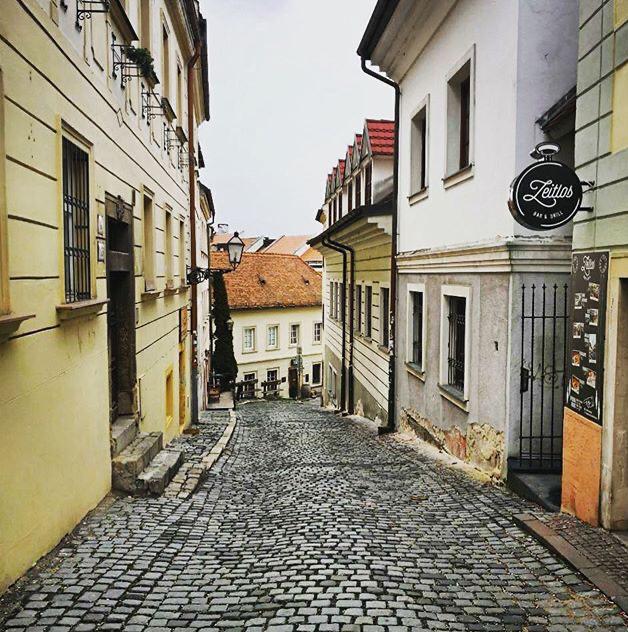
Who did you spend most of your time with?
My friends, of course. The group was very international – many Mexicans, Germans, French people, Italians and Brazilians. We talked in English all the time because we didn’t want to exclude anybody from the group.
Did friends or family come visit you?
My boyfriend came to visit me for birthday. We travelled to Vienna together for almost a week. My mum had planned to visit me, but then the time was almost over, so we didn’t manage to realize this plan.
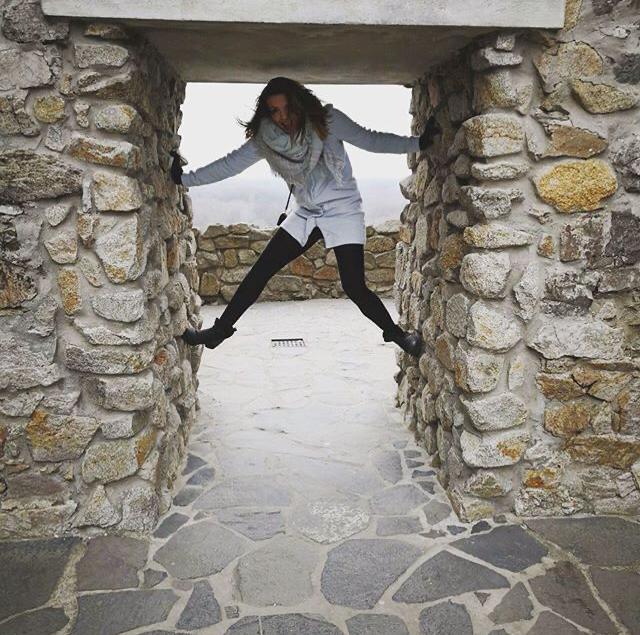
What would you describe as „the best“ about your semester abroad?
I think it’s about the people that you get to know. It’s a bunch of different cultures, backgrounds and personalities and that makes the time extremely interesting. Also, you never know what to expect and what is going to happen to you. It’s a really special situation.
Final question: Do you have any advice for students who are considering going abroad?
Firstly: Take care of financial support early, in whatever form. And, before that, of course: Be brave and don’t hesitate to go abroad! It’s a super short period of only half a year and believe me when I say that time flies. It’s a great chance to get to know new people and cultures, and it really helps you to grow.
Interview: Marilena Schmitz
Got curious? Click below to learn more about how to organise your own semester abroad, who to contact, and what else is worth knowing.
![FHews – [ fju:s]](http://fhews.de/wp-content/uploads/2015/05/fhews_logo2_3B8ACC.jpg)


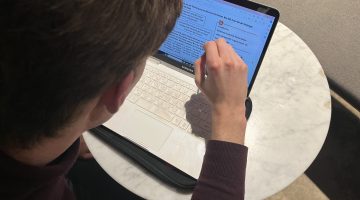



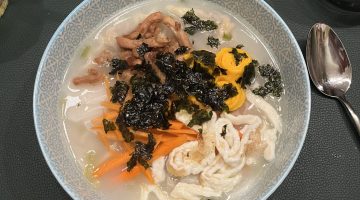

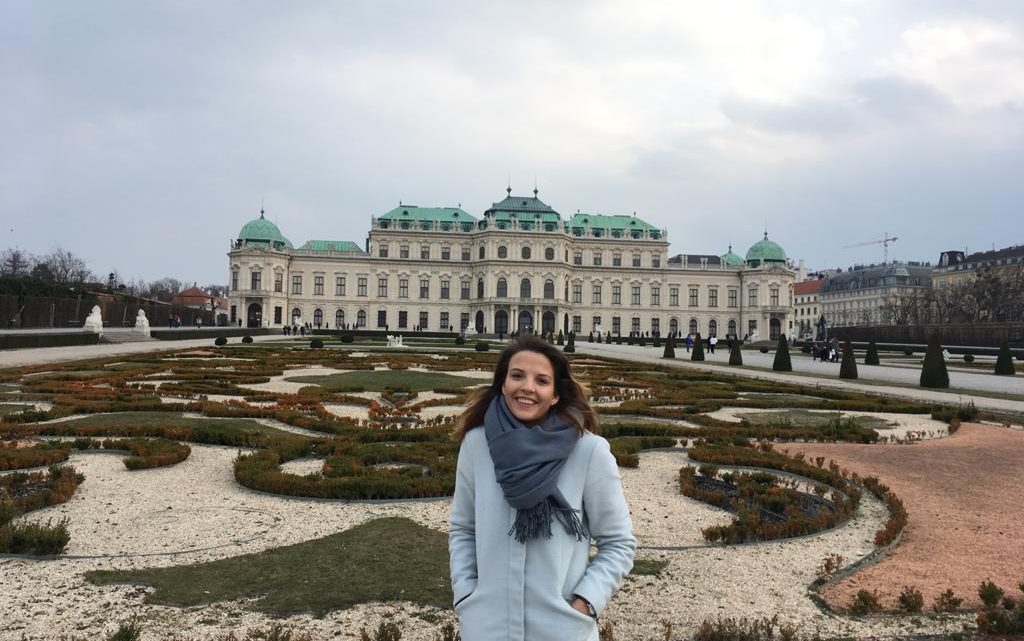
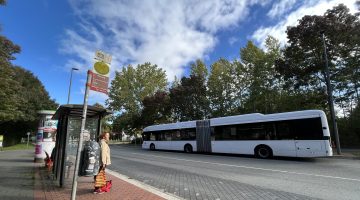
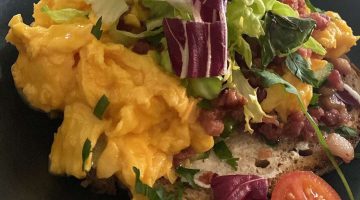
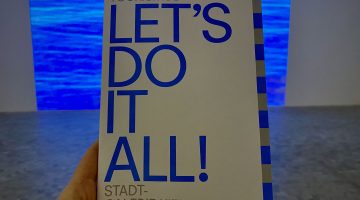
No Comment